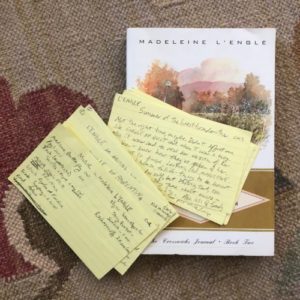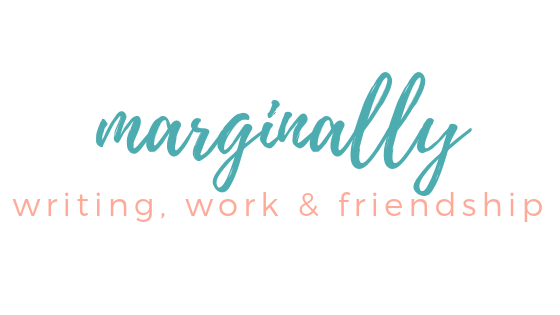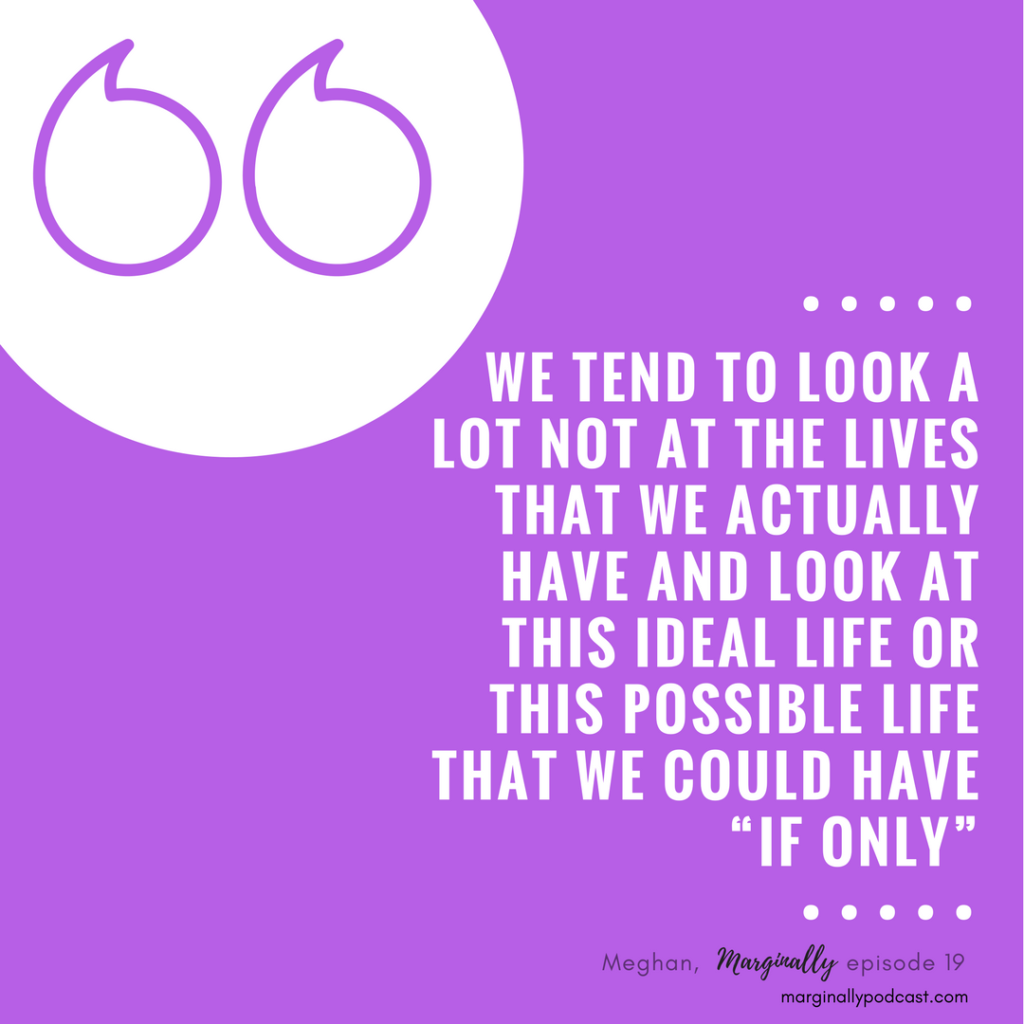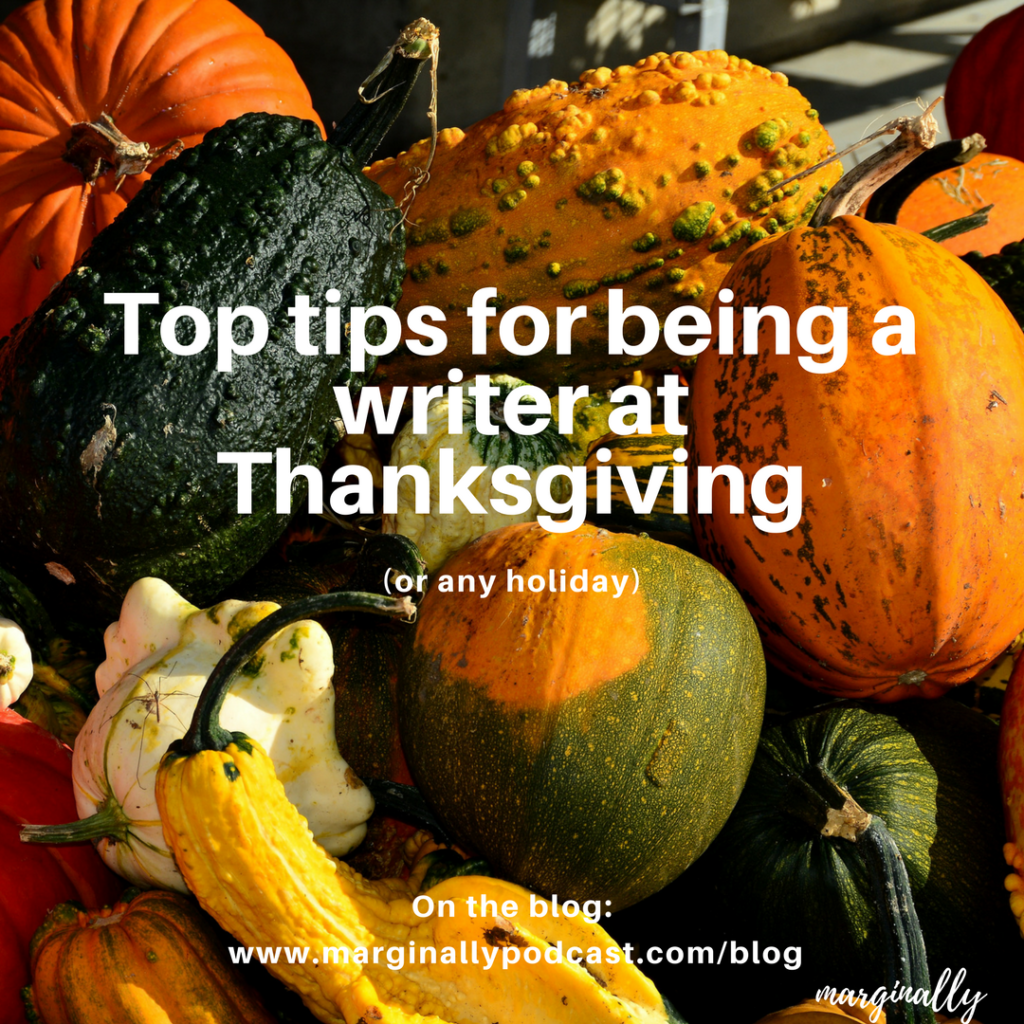 Friday night, my family settled in to watch Wonder Woman for the zillionth time. I love that my boys love Wonder Woman and argue over who gets to be her when they play Justice League. I have wistful memories of my childhood best friend (and inspiration for my current novel) and the Wonder Woman mittens of hers I coveted fiercely. I love the anti-war message of the latest incarnation.
Friday night, my family settled in to watch Wonder Woman for the zillionth time. I love that my boys love Wonder Woman and argue over who gets to be her when they play Justice League. I have wistful memories of my childhood best friend (and inspiration for my current novel) and the Wonder Woman mittens of hers I coveted fiercely. I love the anti-war message of the latest incarnation.
But I also find myself wrestling with other feelings. As I sat watching Gal Gadot, in awe of her strong legs and body, frustration with my own slide toward 40 and 5-years-post-partum body set in. Again (like I said, this is the zillionth time we’ve watched it). I’ll never be Gal Gadot.
In this week’s episode, Olivia and I talked about jealousy and how to deal with it. It’s such a common part of life, and it sucks. Not only is it unpleasant, it can spoil the good things, too.
I’ll never be Gal Gadot. But she’ll never be me, either.
We recorded this particular discussion on Thursday, so as I lay in bed that night after the movie, I decided to just sit with it. And I realized, yes, I’ll never be Gal Gadot. But she’ll never be me, either. So take that, Wonder Woman.
***
 Last week, I also finished reading Summer of the Great-Grandmother by Madeleine L’Engle. Listeners know how much I love the woman I call St. Madeleine, in all her complexity — much has been written on her revisionist approach to truth and memory, and it was sad to read her version of her children and know how different it is from their version of her (Gabrielle Zevin wrote in The New Yorker of her children “who love her deeply, but with a kind of desperate frustration spliced with resentment.”). She rewrote herself.
Last week, I also finished reading Summer of the Great-Grandmother by Madeleine L’Engle. Listeners know how much I love the woman I call St. Madeleine, in all her complexity — much has been written on her revisionist approach to truth and memory, and it was sad to read her version of her children and know how different it is from their version of her (Gabrielle Zevin wrote in The New Yorker of her children “who love her deeply, but with a kind of desperate frustration spliced with resentment.”). She rewrote herself.
Anyway, I finished the book, and made some notes, feeling a little disappointed. Summer of the Great-Grandmother is about the summer of her mother’s death and decline, and is full of family history and storytelling, which while pleasant, wasn’t illuminating or inspiring to me right then. I wanted her to tell me a different story, to give me her life, but differently.
Madeleine looked back at me and said, not just “It was hard,” but also, “This, too, was my life.”
I tell a story often of a podcast I once heard. The host shared what was to her a devastating interaction with a long-time hero: She was in the process of trying to write while also raising her small children. At a book signing for one of L’Engle’s books, she asked L’Engle, “How did you do it? How did you write and take care of your family?” L’Engle looked at her for a moment then said only, “It was hard,” then went back to signing books.
This is a favorite story of mine because my reaction is one of joy and intense relief. If it was hard for Madeleine effing L’Engle, how in the world do I expect it to be easy for me?
As I was copying down passages from Summer on yellow index cards, I realized I had been reading the book for advice and motivation as a writer, and Madeleine looked back at me and said, not just “It was hard,” but also, “This, too, was my life.”
***
And it hit me — these things too are and will be my life, and that’s good. I don’t know what Gal Gadot wants from her life, but as I look around at mine, I would not trade it for anyone else’s. You can’t give up the bad without giving up the good, because they’re entwined. Nothing in our lives is wholly good or bad — kids are going to bring sleepless nights and fragmented workdays, but they’re also going to bring knock-knock jokes and spontaneous hugs and so much wonder. That delicious cake? Probably not helping me look like Wonder Woman, but SO DELICIOUS. A period of intense loneliness many years ago has wound its way through my current work, and allowed me to write about someone who isn’t me doing things I’ve never done, but feeling things I have felt.
This, too, is my life — not L’Engle’s, not Gal Gadot’s — and I’m the only one who makes it what it is, and it makes me.


